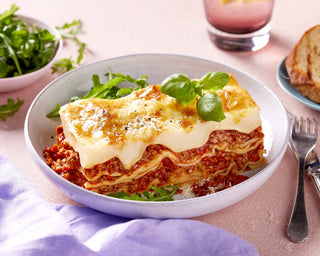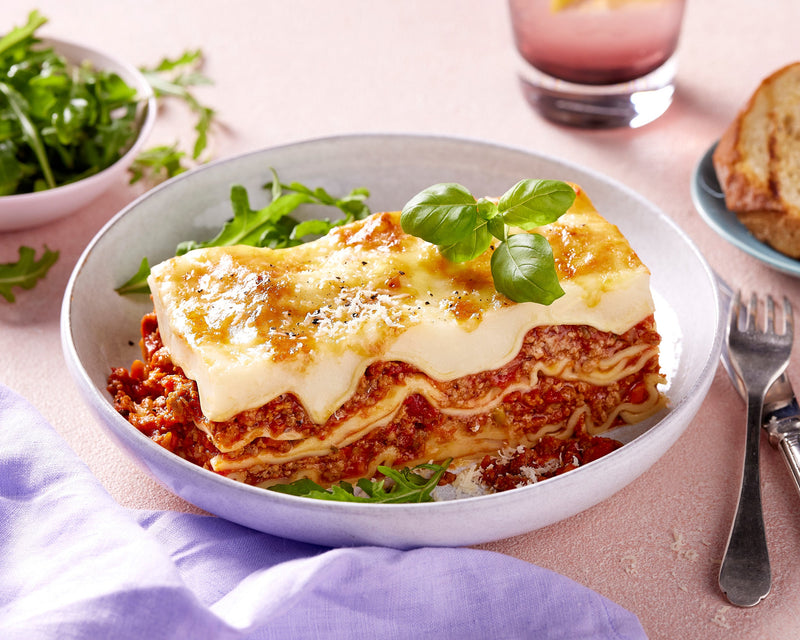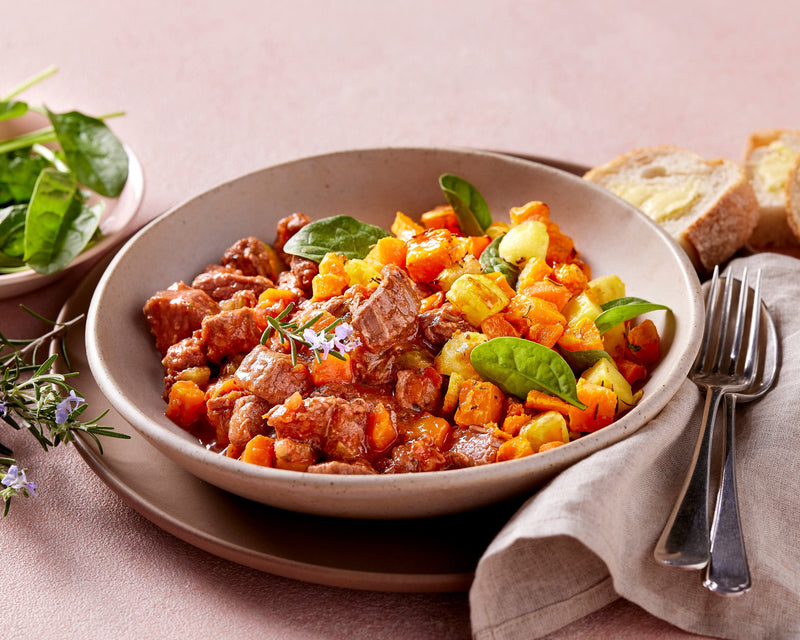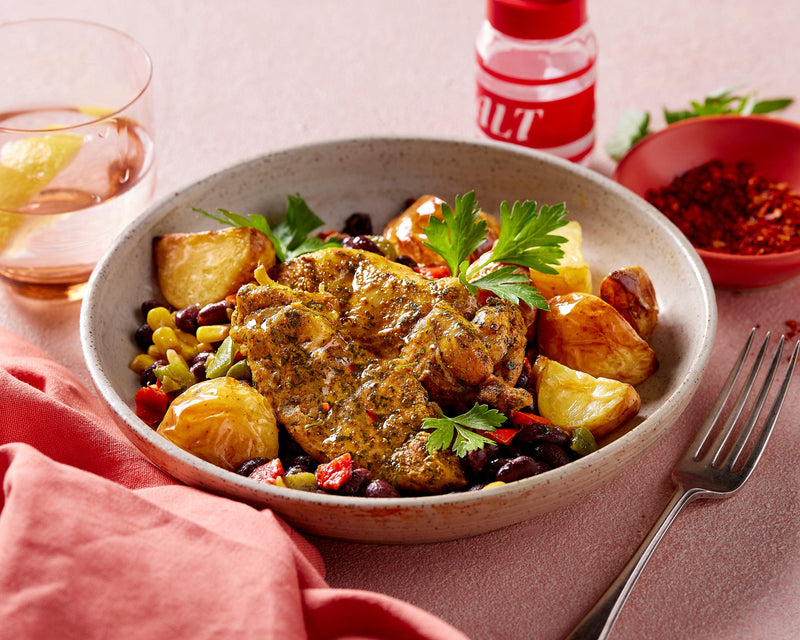Gut health, the hottest nutrition topic of the 21st Century, but what does it mean and how do you obtain a healthy gut?
Let’s get started with the basics. The gut is the lining of your gastrointestinal tract, which is comprised of a whole bunch of organs including the esophagus, stomach, small intestine, and large intestine. This part of your body is vital for digestion, absorption of nutrients, and excretion of waste, as well as its significant effect on your immune system and the gut-brain axis. So, if you’re not eating a healthy well-balanced diet, your gut and overall health can be severely compromised. (1)
The gut is home to trillions of microorganisms and is called our microbiome. You’ve been collecting microorganisms since birth and these can be broken down into good and bad bacteria. Like always, we want more of the good and less of the bad and that is why it's important to eat food that is beneficial to our guts by providing beneficial bacteria and looking after the ones we already have.
So what food is beneficial to our gut?
There are many foods that are beneficial to our gut, but we’ve chose our top 5 for you to keep in mind when you’re shopping next.
Kefir
This traditional fermented milk beverage is full of probiotics. These guys are live microorganisms that can be found in some (not all) fermented foods, such as natural yogurt, kombucha, and sauerkraut. They are famously known to help create and maintain a healthy balance of gut bacteria, as well as many other health benefits. (2) Probiotics have also been heavily studied and proved to aid in the treatment of people with gut health issues such as IBS. (3)
Lentils
(...and other legumes such as chickpeas, black beans, and edamame)
It is incredibly easy getting the terms prebiotics and probiotics mixed up as they sound so similar, however nutritionally, they’re very different. Prebiotics come from types of carbohydrates that we cannot digest, however, our good gut bacteria can. Our gut loves to turn prebiotics into fatty acids called butyrate. Now, without over complicating things, let us explain why butyrate is beneficial; it provides fuel for our gut lining and is great for our immune system. Other foods that are prebiotic-rich include wholegrains, nuts, and seeds. (4)
Wholewheat pasta
Yup, you read that correctly! Pasta made with whole grains is full of dietary fibre, which is known to feed the good bacteria in our gut. It helps reduce LDL (aka bad) cholesterol, normalises and regulates bowel function, and slows down digestion, resulting in us feeling fuller for longer —say goodbye to that 4pm energy crash! Other great sources of dietary fibre include oats, sourdough, oranges, and broccoli. (5)
Miso
This Japanese ingredient is made from fermented soya beans and contains beneficial bacteria and enzymes that will make your gut smile! Some say starting your day with a bowl of miso soup helps to stimulate digestion and energise the body. Our favourite ways to use miso paste are in salad dressings, as a base of a vegetable soup, and marinating eggplant or salmon. YUM! (6)
Extra Virgin Olive Oil (aka EVOO)
As you probably already know, EVOO is full of mono and polyunsaturated fats (the good kind) which are help heart health, but did you know it can also benefit your gut microbiota!? Studies show that it increases your gut microbiota diversity and has antibacterial and prebiotic effects. No wonder us nutritionists and dieticians can’t get enough of the Mediterranean diet! (7)
We care about gut health and create our meals carefully to fit all your nutritional needs. You can find some of these key ingredients in our delicious ready meals. Shop ready meals now.
Love learning about your gut? Us too! Check out our blog on the relationship between our gut health and our mental health here.
References
-
1. Stilling R, Ryan F, Hoban A, Shanahan F, Clarke G, Claesson M et al. Microbes & neurodevelopment – Absence of microbiota during early life increases activity-related transcriptional pathways in the amygdala. Brain, Behavior, and Immunity. 2015;50:209-220
-
Modern perspectives on the health benefits of kefir in next generation sequencing era: Improvement of the host gut microbiota [Internet]. Taylor & Francis. 2021
-
Mayer E, Tillisch K, Gupta A. Gut/brain axis and the microbiota. Journal of Clinical Investigation. 2015;125(3):926-938
-
Clemente A, Olias R. Beneficial effects of legumes in gut health. Current Opinion in Food Science. 2017;14:32-36
-
Scott K, Duncan S, Flint H. Dietary fibre and the gut microbiota. Nutrition Bulletin. 2008;33(3):201-211
-
Dimidi E, Cox S, Rossi M, Whelan K. Fermented Foods: Definitions and Characteristics, Impact on the Gut Microbiota and Effects on Gastrointestinal Health and Disease. Nutrients. 2019;11(8):1806
- Millman J, Okamoto S, Teruya T, Uema T, Ikematsu S, Shimabukuro M et al. Extra-virgin olive oil and the gut-brain axis: influence on gut microbiota, mucosal immunity, and cardiometabolic and cognitive health. Nutrition Reviews. 2021









